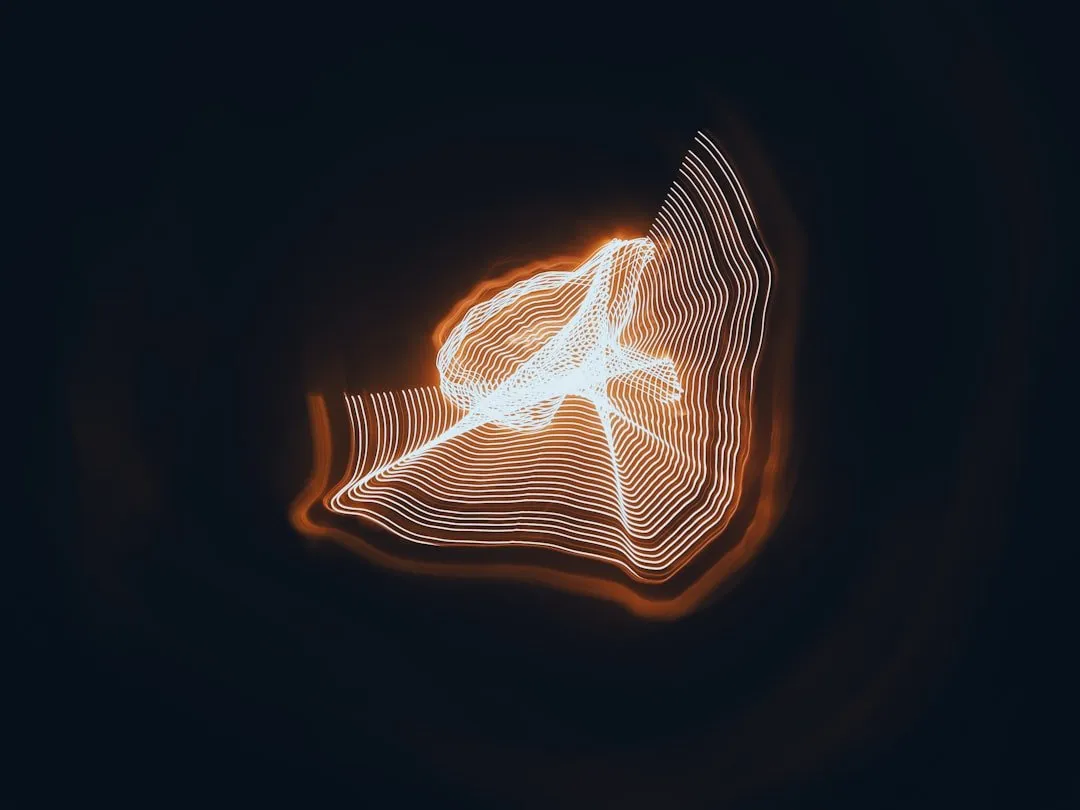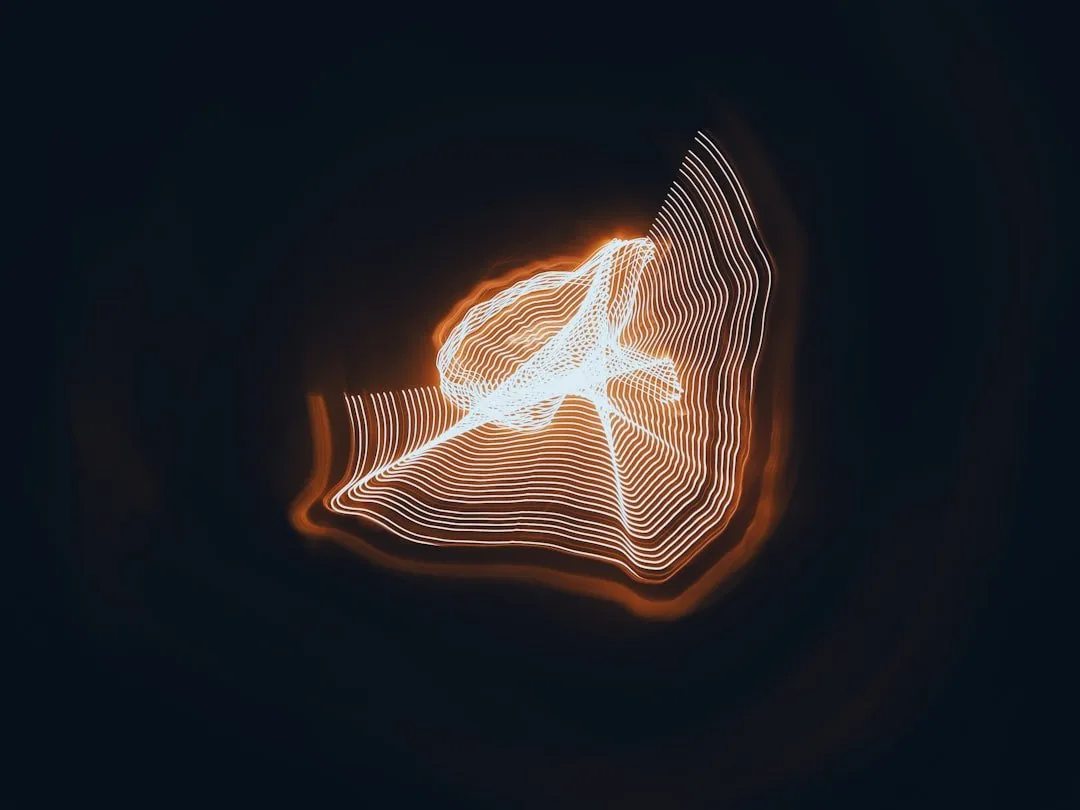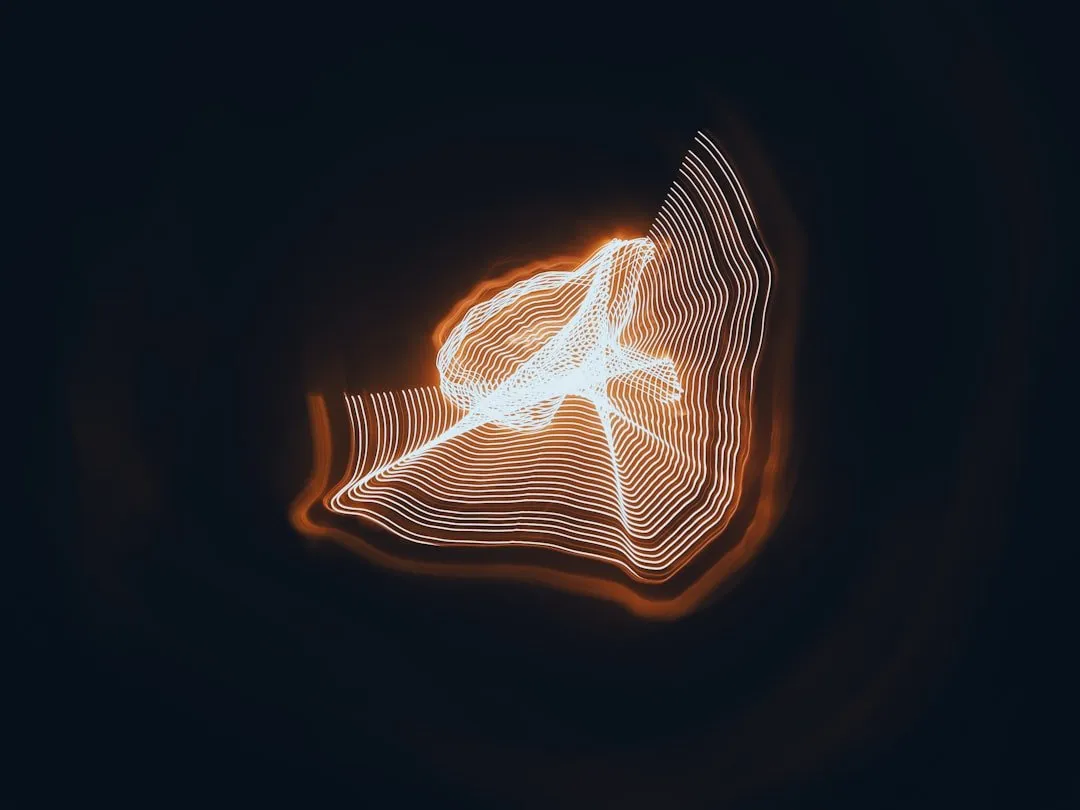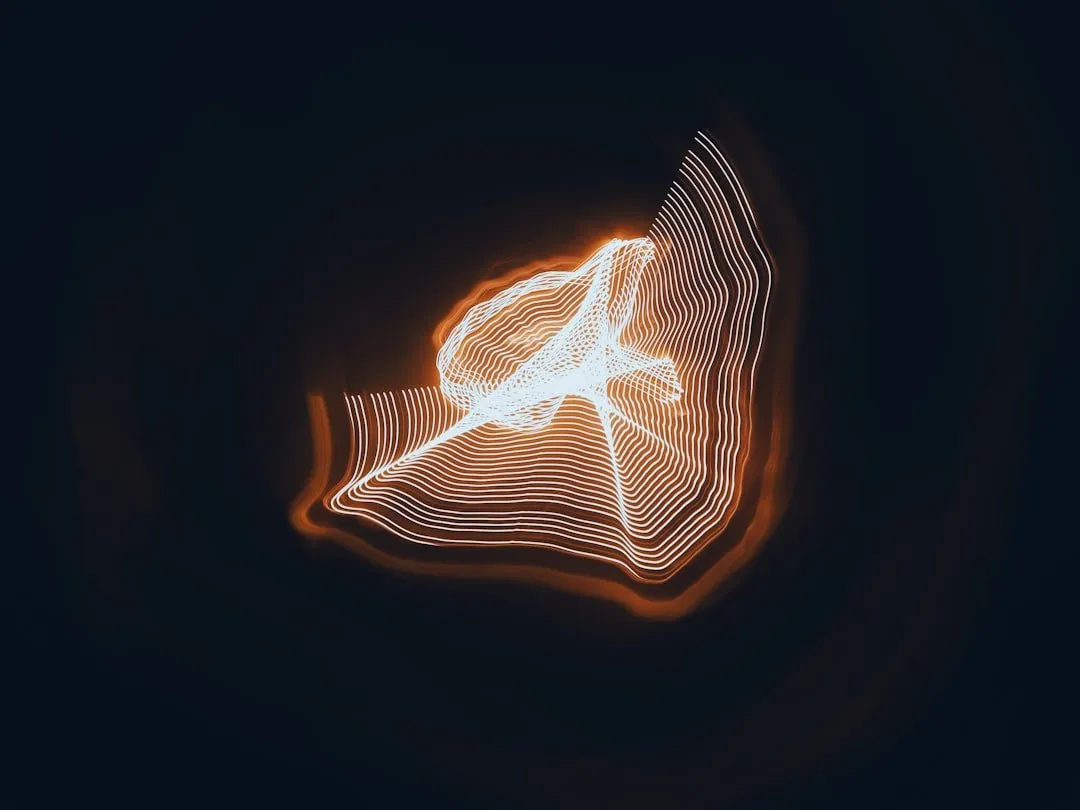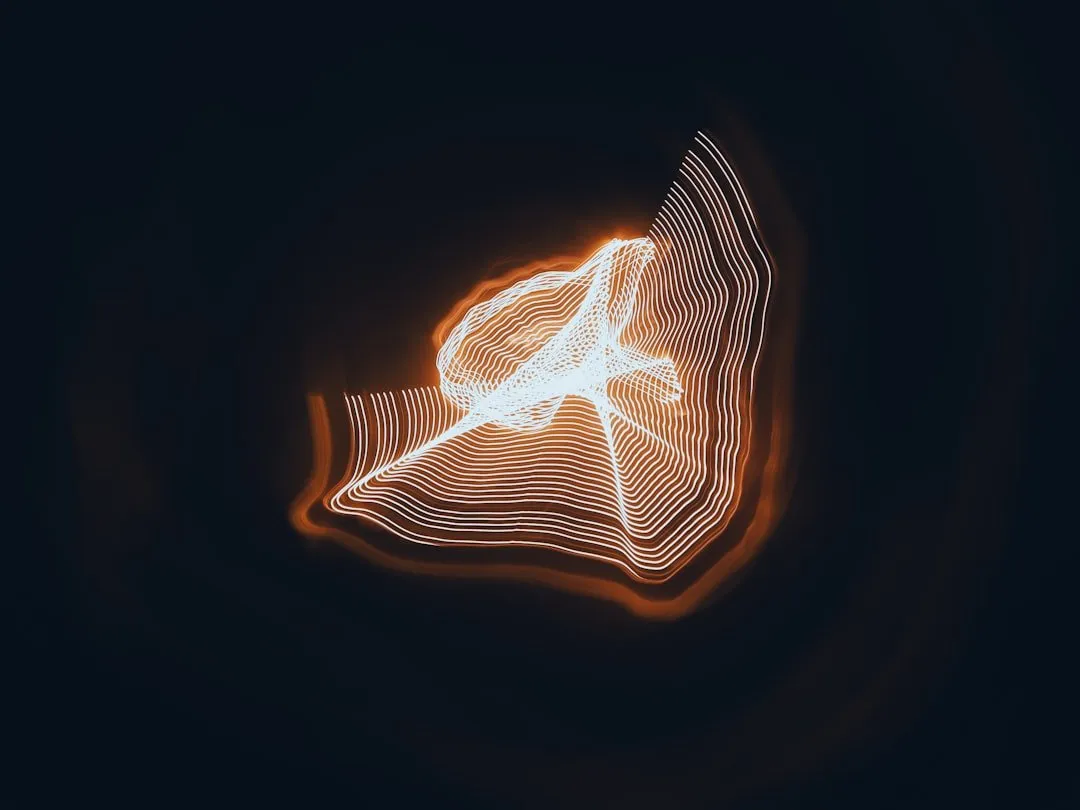Kratom, a natural herb with antidepressant properties, offers an alternative treatment for depression. Different strains like Maeng Da and Red Bali provide varied effects, from stimulation to calmness. Choosing the best kratom for depression depends on individual responses and expert consultation for safe, effective management.
“Uncover the potential of kratom as a powerful tool for training recovery, especially from depression. This natural herb has gained attention for its antidepressant properties, offering a unique approach to mental well-being. Our article explores the science behind kratom’s effectiveness and provides insights into choosing the best kratom strain for depressive disorders. By understanding the role of kratom in recovery, individuals can make informed decisions towards a healthier, happier mind.”
- Understanding Kratom's Role in Recovery from Depression
- The Science Behind Kratom and Its Antidepressant Properties
- Choosing the Best Kratom Strain for Depressive Disorders
Understanding Kratom's Role in Recovery from Depression

Kratom, a natural herb with a growing reputation in the wellness space, has shown promise in aiding individuals on their journey out of depression. Often considered as an alternative treatment option, it offers a unique approach to managing symptoms associated with this common mental health disorder. The active compounds within kratom interact with opioid receptors in the brain, potentially helping to regulate mood and alleviate feelings of despair.
When it comes to choosing the best kratom for depression, various strains are believed to have distinct effects. For instance, Maeng Da is renowned for its potent properties, providing a stimulating yet calming experience that can boost energy levels without causing jitters. Red veins, like Borneo or Thai strains, are also popular for their soothing and uplifting qualities, which may be particularly beneficial for those seeking relief from persistent sadness and lethargy. Understanding individual responses and consulting with experts in kratom therapy is key to harnessing the herb’s potential as a supportive tool in depression recovery.
The Science Behind Kratom and Its Antidepressant Properties

Kratom, a natural herb derived from the Mitragyna speciosa plant, has gained significant attention for its potential therapeutic effects, particularly in managing depression and anxiety. The science behind kratom’s antidepressant properties is multifaceted. It acts as an agonist at specific opioid receptors in the brain, modulating pain signals and influencing mood-regulating neurotransmitters like serotonin and dopamine. This interaction helps balance neural activity, which can be beneficial for individuals dealing with depressive disorders.
Research suggests that certain compounds within kratom, such as mitragynine and 7-hydroxymitragynine, contribute to its antidepressant effects. These compounds have been studied for their ability to enhance serotonin release, increase dopamine levels, and interact with other neurotransmitter systems, all of which play crucial roles in regulating mood and emotion. The best kratom for depression varies from person to person, depending on individual tolerance and specific needs. Strains known for their calming and uplifting effects, like Maeng Da and Red Bali, are often recommended as a starting point, offering potential relief without overwhelming side effects.
Choosing the Best Kratom Strain for Depressive Disorders

When considering kratom for depressive disorders, it’s crucial to understand that different strains offer distinct properties. The best kratom for depression will vary depending on individual needs and tolerances, but some strains have gained recognition for their potential mood-boosting effects. For instance, Red Bali Kratom is known for its relaxing and calming attributes, which can help alleviate symptoms of low mood. Its high content of 7-hydroxymitragynine (7-HMG), a potent alkaloid, contributes to its anti-depressant-like effects.
On the other hand, Maeng Da Kratom is popular for its invigorating and energizing properties, making it suitable for those experiencing fatigue and lack of motivation often associated with depression. This strain’s diverse mix of alkaloids, including mitragynine and 7-HMG, offers a balanced approach to mood support. Remember that proper dosage and consultation with a healthcare provider are essential when using kratom for any purpose, especially for managing depressive disorders.
Kratom has emerged as a promising natural alternative for managing depressive disorders, offering a safe and effective approach to training recovery. By understanding its role, exploring the science behind its antidepressant properties, and selecting the best kratom strain, individuals can harness its potential to enhance their mental well-being. The best kratom for depression provides a gentle yet powerful support system, allowing for a holistic journey towards a happier and more balanced life.



